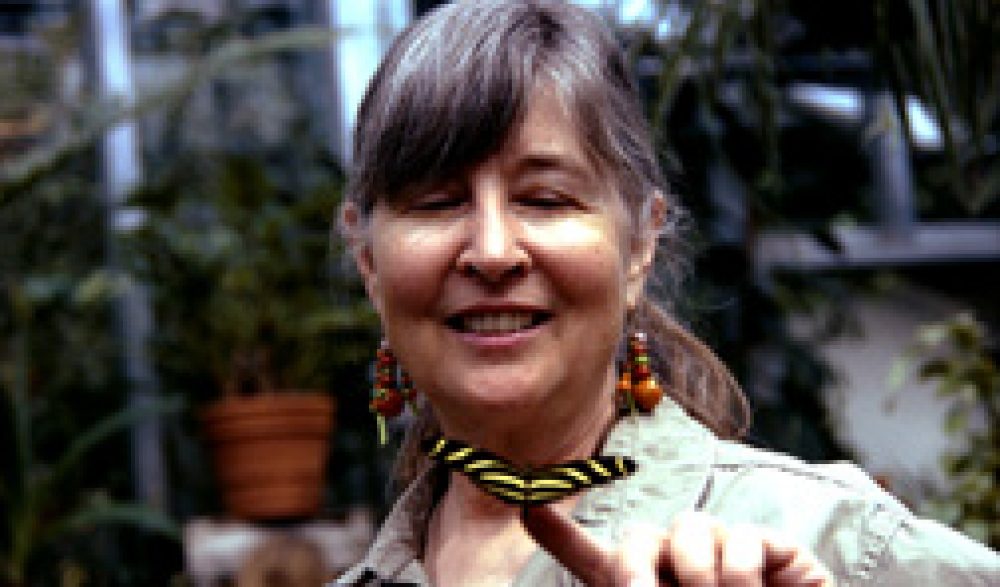The most important book I’ve read in a long time is Half the Sky, by Nicholas D. Kristof and Sheryl WuDunn. It’s not an easy read, but I read it all, through all the rapes and abuse and violence and murder that women suffer around the world. Okay, I have always known that women suffer, but I have never really understood in what numbers, and how blazée the news media and international governments have been about it. Women are treated as if they are invisible.
For example, when 100,000 girls are being routinely kidnapped and trafficked into brothels, we never hear about it. When a prominent dissident is arrested, however, it’s international news. “The global statistics are numbing,” state the authors in the preface. “More girls have been killed in the last fifty years, precisely because they were girls, than men were killed in all the wars of the twentieth century. More girls are killed in routine ‘gendercide’ in any one decade than people were slaughtered in all the genocides of the twentieth century.”
The answer, say the authors and many experts, is education and microloans. Educating girls is the most powerful way to reach economic and political stability, in addition to doing justice to half the world’s population. Small loans empower women in the Third World.
Please. Read this book. Even small steps to help can have extraordinary results.
My favorite fun book, which I just finished, is Hot House Flower and the 9 Plants of Desire, by Margot Berwin. This is a wild tale about a New York ad writer in her 30s, just divorced, who finds herself on a wild journey through the jungles of Mexico after becoming seduced by both plants and plant-lovers. Since I have been a house-plant person for years, I especially enjoyed the exotic plant information that goes along with the adventures. Sexy and wise and hard to put down.
The most beautiful literary fiction I’ve enjoyed recently is The Lieutenant, by Kate Grenville, a historical novel based quite closely on a true story. It follows an astronomer sent with the first shipment of convicts from Britain to Australia in 1788. This page-turner offers a fascinating look at the first contact between the British and the aborigines. Kate Grenville won the Man Booker Prize with her previous novel, The Secret River, also about convicts sent to Australia, so I read that one, too, but I didn’t like it as well as The Lieutenant.
